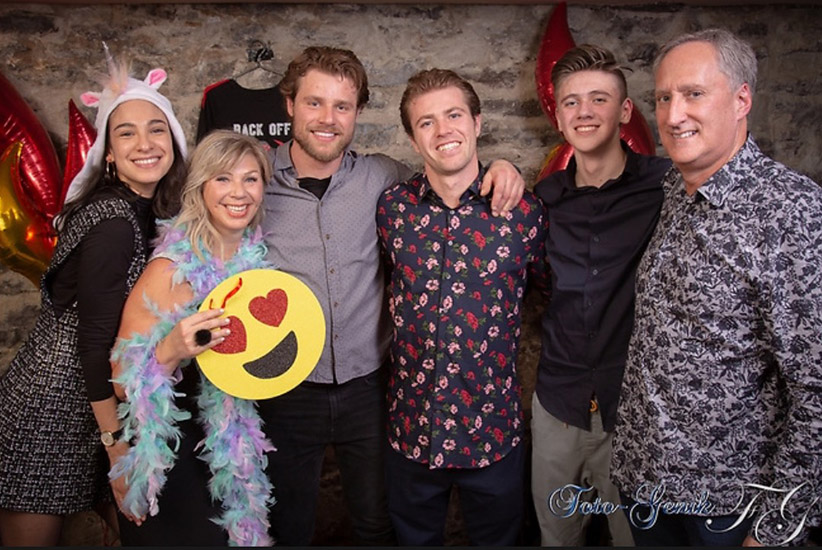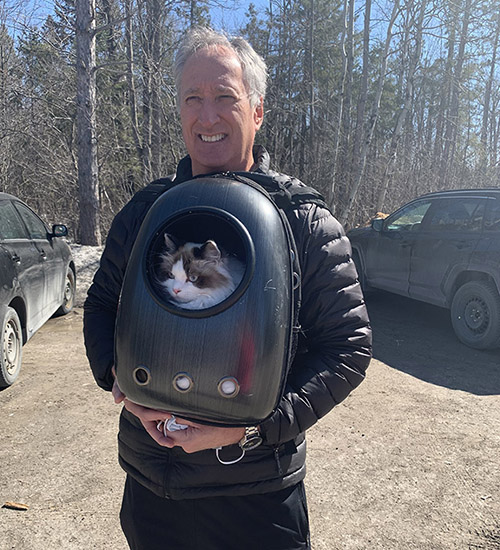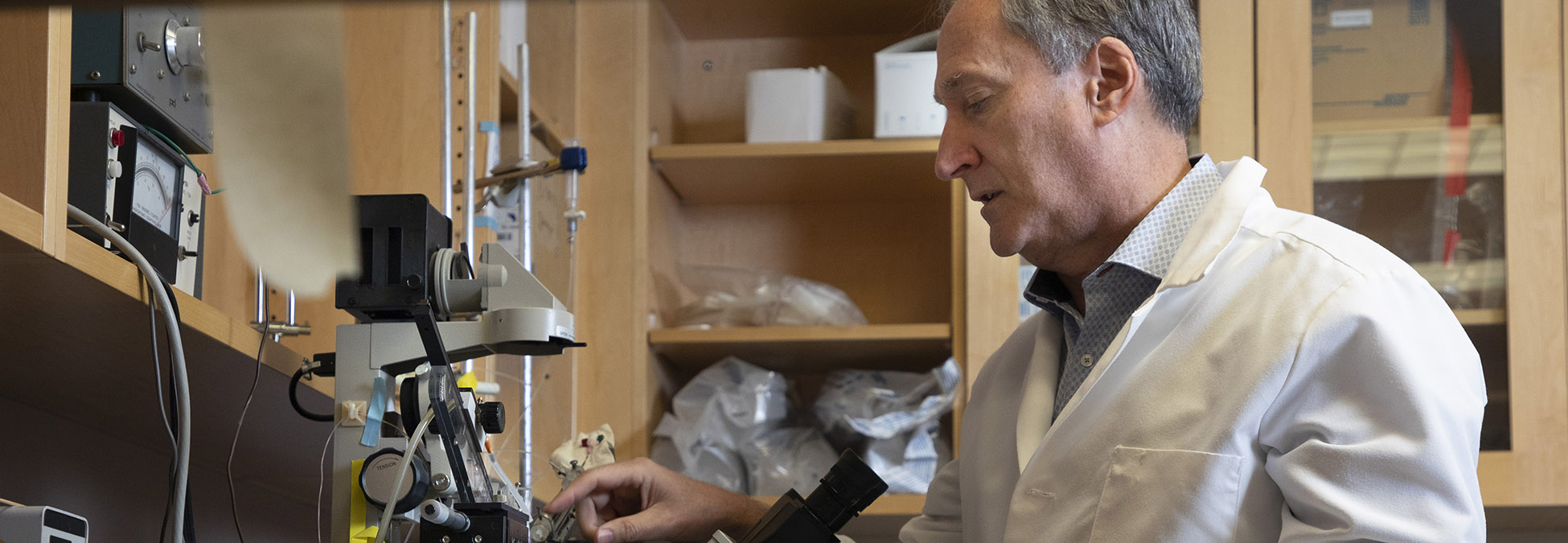
A self-proclaimed nerd with a knack for nephrology
Meet Dr. Kevin Burns — the 2022 winner of the Grimes Career Achievement Award
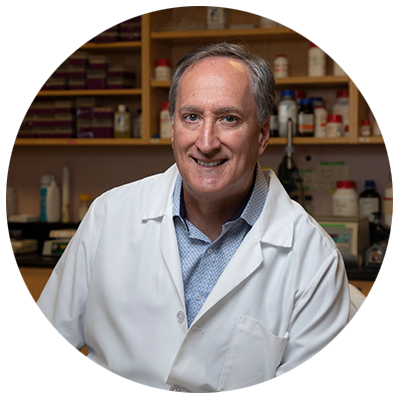
Born in Chomedey, Laval, Quebec, Dr. Kevin Burns never thought he’d be practicing award-winning kidney research in Ottawa. But after falling in love with Ottawa and with nephrology, Dr. Burns became an integral part of The Ottawa Hospital team. He stays busy as Senior Scientist and Director of the hospital’s Kidney Research Centre.
In recognition of his 30 years of pioneering kidney research, Dr. Burns received the 2022 Grimes Career Achievement Award. His experience combining research and clinical work gives Dr. Burns unique insight into how today’s discoveries become tomorrow’s treatments, making a real difference in patients’ lives.
Read on to learn more about Dr. Burns’ work — and why he didn’t start studying medicine straight out of his post-secondary education at CEGEP.
Q: Why did you decide to get into medicine?
A: I always did very well in school; I was kind of nerdy, I guess. But I was initially unsuccessful in applying to medical school after CEGEP. I met with the admissions dean to find what I had to do to get in. I said, “You know, I can’t do better than this on my academics. What is it you want?” And they said they looked at more than just grades, they looked at the whole person.
I wound up doing a bachelor’s in physiology at McGill. I was extremely disappointed not to get into med school, but I did these three years of science and really loved it.
I also got a job as an orderly in the hospital during my undergrad. That actually helped me become a better physician overall, because it always helps to understand every level of care, whether it’s nursing, allied health, being close to patients, or understanding how illness impacts people. As an orderly, you get to see a lot and spend a lot of time with sick people.
After physiology I applied to med school at McGill again, and luckily, I got in.
Q: What made you decide to focus on nephrology?
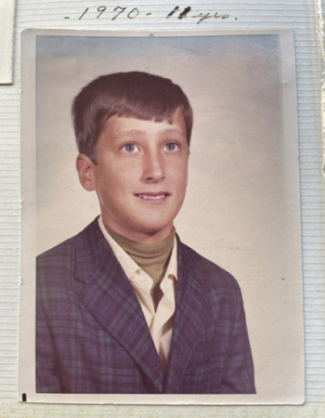
A: In medical school, I sort of had an inkling towards kidney disease and kidney physiology. I can remember a certain moment when I was a medical student, working on a medical floor, and one of the nephrologists took me to look at a dialysis unit. I’d never been in one before. He showed me how the dialysis machine works. I thought, “This is very cool. It’s very innovative. And it’s saving lives.”
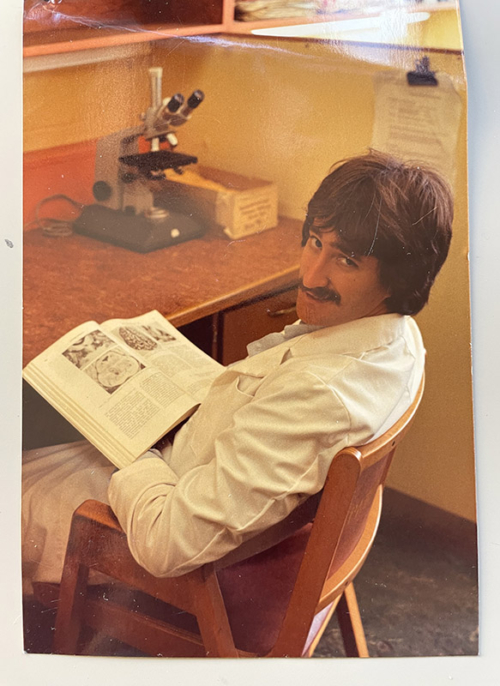
Every aspect of medicine is covered by nephrology. It’s very complex; you really have to have a good knowledge of physiology. There’s just never a dull moment in my speciality. Whether it’s chronic, acute, critical care, or transplant, and all age groups — it’s diverse and interesting.
Q: How did you wind up in Ottawa?
A: I ended up coming to Ottawa after med school for a one-year position and did nephrology early on as a rotation. I didn’t intend to stay here; I was a young man raised in Montreal and I thought of Ottawa as “the town fun forgot.” As it turned out, I loved it. I loved the people here, I loved the hospital, and I loved the kidney unit. The city grew on me, and I think it’s one of the best places to work right now.
Q: How have the treatment options in your field changed since you started?
A: Unfortunately, many of the treatments are very similar to what existed when I started. There have been advances in technology in terms of dialysis, but I would call them relatively minor.
There have been huge advances in transplantation in terms of medications that prevent rejection and allow the kidney grafts to survive much longer. And, in the past year, animal kidneys have been transplanted into humans — called xenotransplantation —and that could be an innovative thing for the future. However, there are still obstacles to overcome. With xenotransplantation, there is the possibility of transmission of viruses and other microbial elements.
We also have somebody here at The Ottawa Hospital, Dr. William Stanford, who’s working on kidney organoids. What are kidney organoids? It’s where you take stem cells, put them in a dish, make them kidney-like, and the cells grow. You can imagine one day that if somebody has kidney disease, we might be able to take some of their own cells, put them in a dish, grow a kidney, and then implant it back into them. It’s early days, but it’s really quite exciting.
“You can imagine one day that if somebody has kidney disease, we might be able to take some of their own cells, put them in a dish, grow a kidney, and then implant it back into them. It’s early days, but it’s really quite exciting.”
Q: What are you currently working on at The Ottawa Hospital?
A: We’re studying something called acute kidney injury, which is very common in ICUs. It’s when someone has sudden kidney failure for any number of reasons. Whenever the kidneys lose their blood supply or flow, within minutes they can shut down. Once they shut down, you cannot live very long without dialysis treatment.
Despite years of research, there’s really no treatment to help the kidney recover its function. My lab has been studying ways we can improve the function of the kidney after it’s been injured. A few years ago, we discovered that tiny bits of cell called exosomes released by umbilical cord blood cells can protect the kidney from this injury. We’re hoping to bring this discovery to a clinical trial in the next couple years.
Another thing I’ve been involved in is the creation of the training program, KRESCENT (The Kidney Research Scientist Core Education and National Training program). One of the focuses of that program is to encourage scientists to communicate their messages clearly and effectively to the public. It’s been a great experience, and it’s something that highly motivates me. Since 2004, KRESCENT has trained 80 or so young investigators and postdoctoral fellows as well as allied health scientists in kidney disease in Canada. It’s brought this community together, and I’m very encouraged for the future of kidney research in Canada.
Q: What does it mean to you to win this award?
A: First of all, I was quite shocked. I feel greatly honoured to have this. Looking at the list of people who have received this, it made me think about all the support I’ve had over the years, and the people in my lab have been tremendous. When you’re doing laboratory research, you’re away from patients, and somebody else has to take care of them. I need time to do the research, and I’ve been granted that time. I consider myself extremely fortunate to have had that opportunity. I was humbled and delighted.
Q: Where would we find you when you’re not in the lab or clinic?
A: I live on the Quebec side of the river, up in Cantley, and most often you’d probably find me with my family. I do a lot of sports — like boating, kayaking, golf, hockey, and biking. I also enjoy music, and I’m teaching myself how to play guitar. I like reading, of course, and I love the outdoors.
